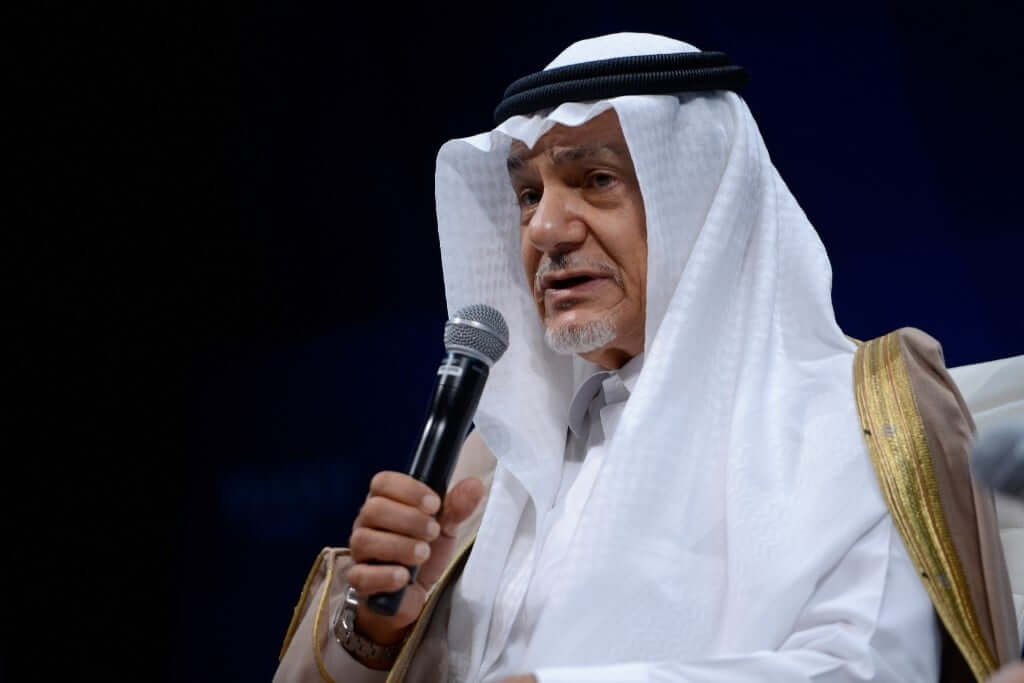In the midst of the devastating conflict in Gaza, Saudi Arabia’s former intelligence chief, Prince Turki Al Faisal, has made an impactful statement, denouncing both Hamas and Israel. During a speech at a US university, he emphasized that there are no heroes in this conflict, only victims. Interestingly, Prince Turki Al Faisal draws parallels between the Independence movement in India and the ongoing resistance in Palestine, urging Hamas to learn from India’s example of civil disobedience. Let’s delve into the significance of his remarks and explore the lessons that can be derived.
Resisting Occupation through Civil Disobedience
Prince Turki Al Faisal’s powerful address begins by asserting the right of occupied people to resist their occupation, even militarily. However, he clarifies that he does not support the military option in Palestine. Instead, he advocates for civil insurrection and disobedience, highlighting the success of this approach in India’s struggle against British colonial rule and the dissipation of the Soviet empire in Eastern Europe.
Pulling Down Empires: India’s Independence Movement
The reference to India’s fight for independence stands as a strong testament to the effectiveness of civil disobedience. The non-violent resistance led by Mahatma Gandhi and his followers played a pivotal role in bringing down the mighty British empire. Through peaceful protests, strikes, and non-cooperation movements, India demonstrated that a nation can challenge and ultimately overthrow colonial rule without resorting to violence.
Lessons for Hamas: Embracing Civil Disobedience
Prince Turki Al Faisal’s call for Hamas to learn from India’s example is a plea for a shift in strategy. By adopting the principles of civil disobedience, Hamas can shape their resistance movement to focus on peaceful means of protest, building international support and sympathy in the process. Embracing non-violence as a core principle could help Hamas gain moral high ground and delegitimize Israel’s actions in the eyes of the world.
Impact on the Israeli-Palestinian Conflict
The prince’s remarks come at a crucial juncture in the Israeli-Palestinian conflict. They highlight the need for a reevaluation of the tactics employed by both sides. Prince Turki Al Faisal’s stance underscores the belief that violence perpetuates a vicious cycle of retribution and suffering. By embracing non-violence and civil disobedience, both Israel and Hamas can provide a glimmer of hope for a peaceful resolution to the conflict.
Can Hamas Adopt Civil Disobedience?
The possibility of Hamas adopting civil disobedience as their primary means of resistance raises pertinent questions. Can a militant group such as Hamas transition from armed struggle to non-violent resistance? Would the international community support this shift? While the road to change may be arduous and require significant reorientation, an evolution towards civil disobedience could potentially strengthen Hamas’ cause and lead to a more favorable outcome for the Palestinian people.
Prince Turki Al Faisal’s speech offers a fresh perspective on the Israeli-Palestinian conflict, challenging both Hamas and Israel to rethink their approaches. By drawing parallels to India’s successful struggle for independence, he highlights the power of civil disobedience as a means to resist occupation. The adoption of non-violent resistance by Hamas could reshape the narrative of the conflict and serve as a catalyst for international support. As the world watches the ongoing crisis in Gaza, there is hope that lessons can be learned and implemented to pave the way for a peaceful resolution.
